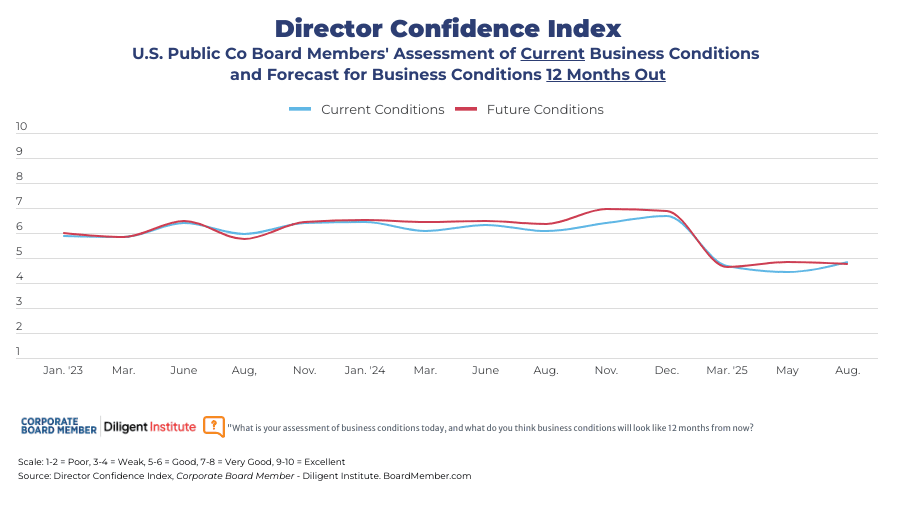Warner Bros. Discovery shareholders’ recent rejection of CEO David Zaslav’s $52 million pay package may be an indication that investors are paying greater attention to executive compensation. As fears of stagflation, recession and armed conflicts overseas grow, investors are reluctant to reward CEOs who have produced underwhelming returns over the last few years with generous pay packages. Board members who approve increased compensation for underperforming management teams in the current economic environment risk their credibility with investors and shareholder action against their reelection in the future.
The rejection of Zaslav’s pay package comes as Warner Bros. Discovery is in the process of splitting the company into two parts: a Streaming & Studios company that will include Warner Bros. Television, Warner Bros. Motion Picture Group, D.C. Studios, HBO and HBO Max, and a Global Networks company consisting of entertainment, sports and news entities including the CNN, TNT and Discovery channels. In a statement, Warner Bros. Discovery chairman Samuel A. Di Piazza Jr. said the breakup “reflects the Board’s ongoing efforts to evaluate and pursue opportunities that enhance shareholder value.” Unfortunately, shareholders don’t seem to be convinced, in part because splitting up the company reverses some of what was accomplished in the April 2022 merger.
According to news reports, the Warner Bros. Discovery stock price is down about 60 percent since the merger. The company is also dealing with approximately $38 billion in debt, much of which will be loaded onto the Global Networks entity. That dreary performance led 59 percent of shareholders to vote against CEO Zaslav’s pay package, a clear message that investors want to see improvement before rewarding the current executives with raises.
Since the Warner Bros. Discovery board approved the breakup and recommended that shareholders approve the executive compensation plan, it gave the impression that board members were okay with increasing the compensation of executives who were responsible for the company’s less than stellar performance. Boards will bear responsibility for what happens from this point forward. Under these circumstances, directors might want to consider the following:
• The board may need to review its compensation metrics with shareholders. Since shareholders rejected the current compensation plan, it’s important for the board to understand why. Was the poor stock price performance the main concern or were there other aspects of how compensation was structured that led shareholders to vote against the plan? Also, since the board will be creating two new companies, it’s important that shareholders agree on how the CEOs and executive teams of both entities will be compensated.
• The board may need to reestablish credibility with shareholders. Although the board hasn’t been blamed publicly for the company’s lax performance, the vote against the compensation plan may also represent some simmering dissatisfaction with the board’s leadership. The board should engage with key stakeholders to determine whether shareholders are likely to vote against other initiatives the board might propose in the future. The board should also make sure that key shareholders approve of its plans to split the company in two. The company cannot afford any negative surprises as it begins this complex process.
Board members should determine if they want to remain a part of the board post breakup. Considering that the company has lost 60 percent of its stock price value over the last three years, it might be time to consider leaving the board on what could be interpreted as a high note. Directors might want to think about whether their contribution has benefitted the company as much as they may have wanted. Leaving during the transition may be a good way to conclude a board appointment with respect instead of continuing on a board that will be facing significant challenges while operating in a very unpredictable economic environment. If things don’t improve quickly, a director’s reelection to the board may be in doubt.







